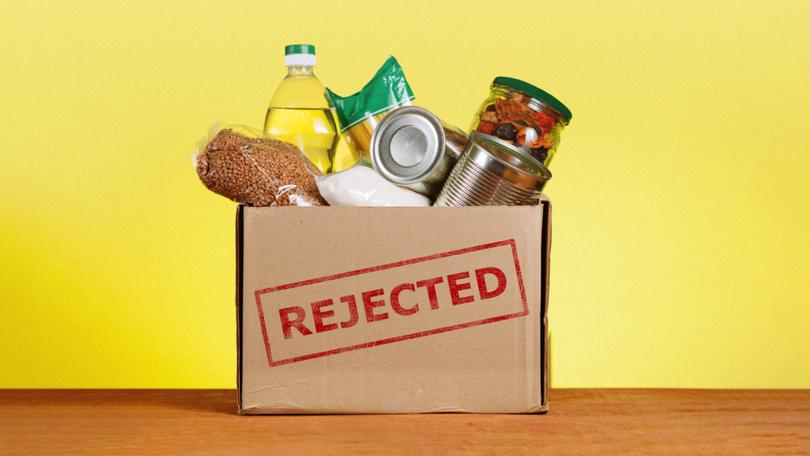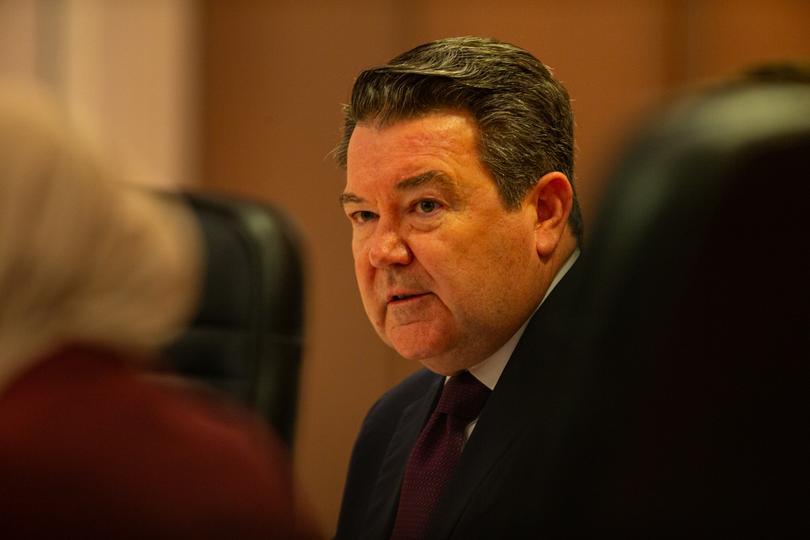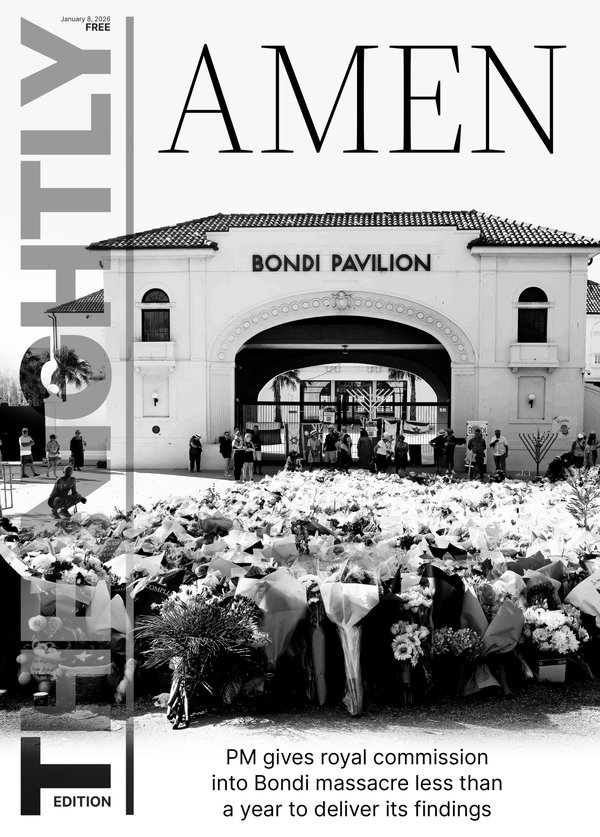Labor slammed for putting politics before feeding hungry as report pushes tax breaks for food charity donors

Labor has been accused of putting politics before hungry Australians by rejecting a plan for new tax incentives that could provide up to 100 million more meals for families struggling to make ends meet.
A private Senate bill proposed by Liberal Senator Dean Smith would offer tax relief to farmers and small businesses if they donate food to registered charities instead of discarding excess produce in landfill sites, which for many is currently the cheapest option.
It aims to slash food waste that costs the Australian economy around $36.6 billion each year, while also boosting the dwindling supplies of food relief charities struggling to meet historically high demands for assistance during the ongoing cost-of-living crisis.
Sign up to The Nightly's newsletters.
Get the first look at the digital newspaper, curated daily stories and breaking headlines delivered to your inbox.
By continuing you agree to our Terms and Privacy Policy.A Senate inquiry report published on Friday said the tax offset would cover the costs incurred by the company in its food donation activities for an income year, capped at either $5 million or a percentage of the food donation costs, whichever is lower.
For companies with a turnover of less than $20 million, the percentage would be a refundable offset of 45 per cent of costs incurred, and those with a turnover of $20m or more but less than $50m would be eligible for a non-refundable offset of 40 per cent of costs incurred.
Companies with a turnover of $50m or more would be eligible for a non-refundable offset of 30 per cent of the costs incurred. Coalition senators may back the raising of the threshold to $250m in the final bill when it goes before the Senate.
A three-year limit has been set for the incentive scheme with a provision to review the merits of its extension depending on the trajectory of the current financial crunch.
The proposal has received widespread support from the charities sector, farmers federations and transport and industry organisations, as well as advice from major accounting firms like KPMG.
Commitments have been received from large supermarket chains Woolworths and Coles that they will not seek to take advantage of the tax benefits.
However, Mr Smith said the bill could struggle to pass through the Senate due to a lack of support from the Albanese Government who he accused of abandoning vulnerable households in the run up to Christmas.
“The cost of living that Labor has failed to address has caused pain across the community, with record food insecurity one of the most visible and urgent examples,” he said.

“The Government has failed to act and now it blocks others from doing so, and it needs to explain to two million hungry Australians why it puts politics ahead of helping them.”
Labor’s assistant Minister for Charities Andrew Leigh hit back at the accusations, charging that it was the former Liberal government that had declared war on charities.
“Labor strongly supports the valuable work of food relief organisations,” he said.
“Since the start of this year, we have announced nearly $20 million in additional funding for emergency and food relief charities.”
Mr Leigh said there were a “number of concerns” with the report, although he did not elaborate on the specifics.
“We know that the Coalition would prefer to provide tax breaks to big businesses rather than direct support for food relief charities,” he said.
Brianna Casey, CEO of Foodbank Australia, the country’s largest hunger relief charity, told The Nightly it would be “bewildering” if the bill was not passed as “it’s good for the planet, it’s good for people and it’s good for our economy”.
The tax reforms, aimed at small and family-run businesses, would be “game-changing” in helping to meet the national goal of halving per capita food waste by 2030 as well as putting meals on the table for society’s most vulnerable, she said.
“It would unlock up to 100 million meals that we could provide as food relief to those who are doing it incredibly tough through this cost-of-living crisis,” she said.
“It would effectively double what we are able to provide at a time where demand has never been higher.”
This year’s Foodbank Hunger Report reveals that food insecurity in Australia has reached a critical point and that almost half of low-income households have faced food insecurity in 2024 — the worst the situation has been since the cost-of-living crisis began.
“We know in the last 12 months alone, 3.4 million households across Australia experienced food insecurity, and we know there are deep pockets of hardship within our communities,” said Ms Casey.
“Low-income households who are earning less than $30,000 per annum are reaching breaking point. Close to half of them are now experiencing food insecurity. We know that households on the median annual income of $95,000 per annum are also experiencing food insecurity,” she said.
The crisis was now engulfing a much wider range of families than before, including dual income households, she said.
Around 30 per cent of households with a mortgage experience food insecurity, and 46 per cent of renting households.
Meanwhile, more than 7.6 million tonnes of food, most of it fit for consumption is dumped annually because it’s cheaper than donating it.
“We need legislative changes like this one to be that big game changer to get us closer to halving per capita food waste, but more importantly to get us closer to being able to ensure that every person who needs food relief can receive it and right now that is not the case,” said Ms Casey.

